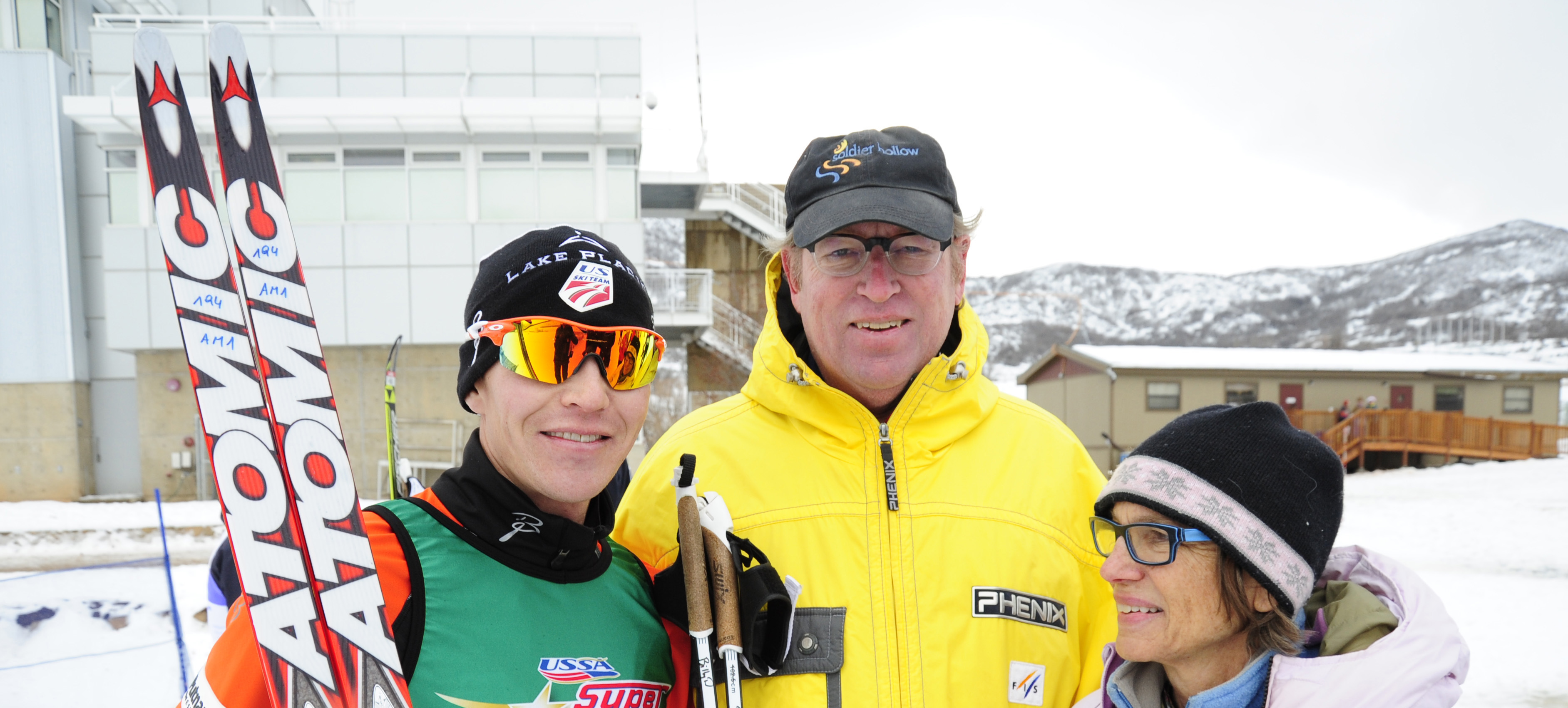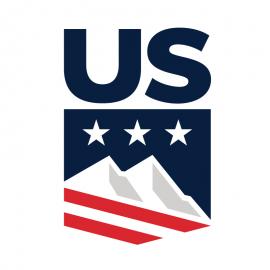Influential Sport Leader, Former USSA CEO, Howard Passes

Howard Peterson, an influential leader of the U.S. Ski Association and later the Soldier Hollow Legacy Foundation, passed away Monday (May 11) in Heber City, Utah. His four decades of service to skiing and snowboarding was marked with a keen focus on providing support to athletes at every turn.
He cared deeply for the teams and was extremely passionate about our sports. He was always quiet and thoughtful, but never without an opinion.
- Tiger Shaw, President & CEO of U.S. Ski & Snowboard
Peterson was a pivotal figure in pushing a legacy concept that resulted in the 2002 Olympics in Salt Lake City, and the resultant venues for athlete training. He was a key individual in the movements to bring freestyle and snowboarding into the Olympics. And he single-handedly pioneered cash prizes for athletes through his exertion of international influence.
“As an athlete on the U.S. Ski Team (in the early ‘90s), I remember Howard toting around his huge leather handbag full of papers,” recalled U.S. Ski & Snowboard President and CEO Tiger Shaw. “He was always there for us if we had questions, concerns, or problems. He cared deeply for the teams and was extremely passionate about our sports. He was always quiet and thoughtful, but never without an opinion.”
A noted rock climber and cross country skier from Maine, Peterson was a founder of the National Ski Touring Association (now Cross Country Ski Areas Association) before moving to a role with the U.S. Ski Association (USSA) in 1978 that would change the face of the sport globally over the next decades.
In his early days with USSA, Peterson worked out of the organization’s Brattleboro, Vt. office, developing programs like the Great American Ski Chase and Bill Koch Youth Ski League. He raised the level of member programs through clever marketing and corporate partnership. In 1984 he was tapped to head the organization, helping USSA out of a deep financial hole and to a period of prosperity.
In 1988, Peterson engineered a deal to bring together the U.S. Ski Team and U.S. Ski Association into one entity, moving the organization from its base at the U.S. Olympic Training Center in Colorado Springs to Park City.
As secretary general of USSA in the late 1980s, Peterson pushed the U.S. Olympic Committee to select a candidate city based on its willingness to develop legacy facilities for athletes. His efforts resulted in Salt Lake City winning over Anchorage in 1989 by two votes and venues that continue to serve athletes and the public today.
In his longtime engagement with the International Ski Federation (FIS), he advocated for integration of adaptive skiing, freestyle skiing and snowboarding into the Olympic and Paralympic programs. He also pioneered cash prizes for athletes in 1990. Peterson was also a vanguard of ethics in sport, boldly tackling the issue with both the U.S. Olympic Committee and FIS. He served for many years as the head of the FIS Advertising Matters Committee where he took on the seemingly uninteresting task of writing rules with an eye on how commercial marking parameters could be used to help fund athletes.
Peterson retired from the USSA in 1994. Five years later, he led an initiative to form the Soldier Hollow Legacy Foundation. The venue proved to be one of the most engaging of all the 2002 sites. Its legacy resulted in training facilities for athletes used yet today, as well as a regional outdoor recreation center that continues to thrive. He retired from that role in 2014.
Soldier Hollow became his pride and joy, helping raise $1-million to build the Day Lodge, starting the Soldier Hollow Charter School in 2002 and bringing events like the Sheepdog Classic to the region, generating millions in economic impact to Wasatch County.
“He was a loyal soldier for the USSA and FIS, making a difference for both organizations,” said former U.S. Ski & Snowboard President and CEO Bill Marolt. “He was always a positive proponent.”
“We will miss Howard as a friend, a colleague and a leader,” said Luke Bodensteiner, now chief of sport development for the Utah Olympic Legacy Foundation and general manager of Soldier Hollow Nordic Center. “He was steadfast in his vision that the Olympics in Utah would leave a legacy for winter sport for generations to come. And we continue to enjoy the impact of his tireless efforts today, particularly at Soldier Hollow, which became so near and dear to him, and into which he invested so much of himself.”
U.S. Ski & Snowboard awarded Peterson its highest honor, the Julius Blegen Award, in 2004. He also received the Bud & Mary Little Award for service to FIS and USOC in 1999. Just two years ago he was recognized by Utah Ski Archives with its S.J. Quinney Award for contribution to sport in the state. Cross Country Ski Areas Association gave him its Founders Award in 2018.
Peterson, who was 69, died after a long illness. His wife, Susan, passed in 2016. The two met ice climbing on New Hampshire’s Mount Washington in 1976. They were married in 1989, enjoying a life of travel and adventure - visiting 80 countries together. Peterson was also a noted climber, pioneering many first ascents. Family and friends will plan an appropriate tribute when conditions are appropriate in the future.
